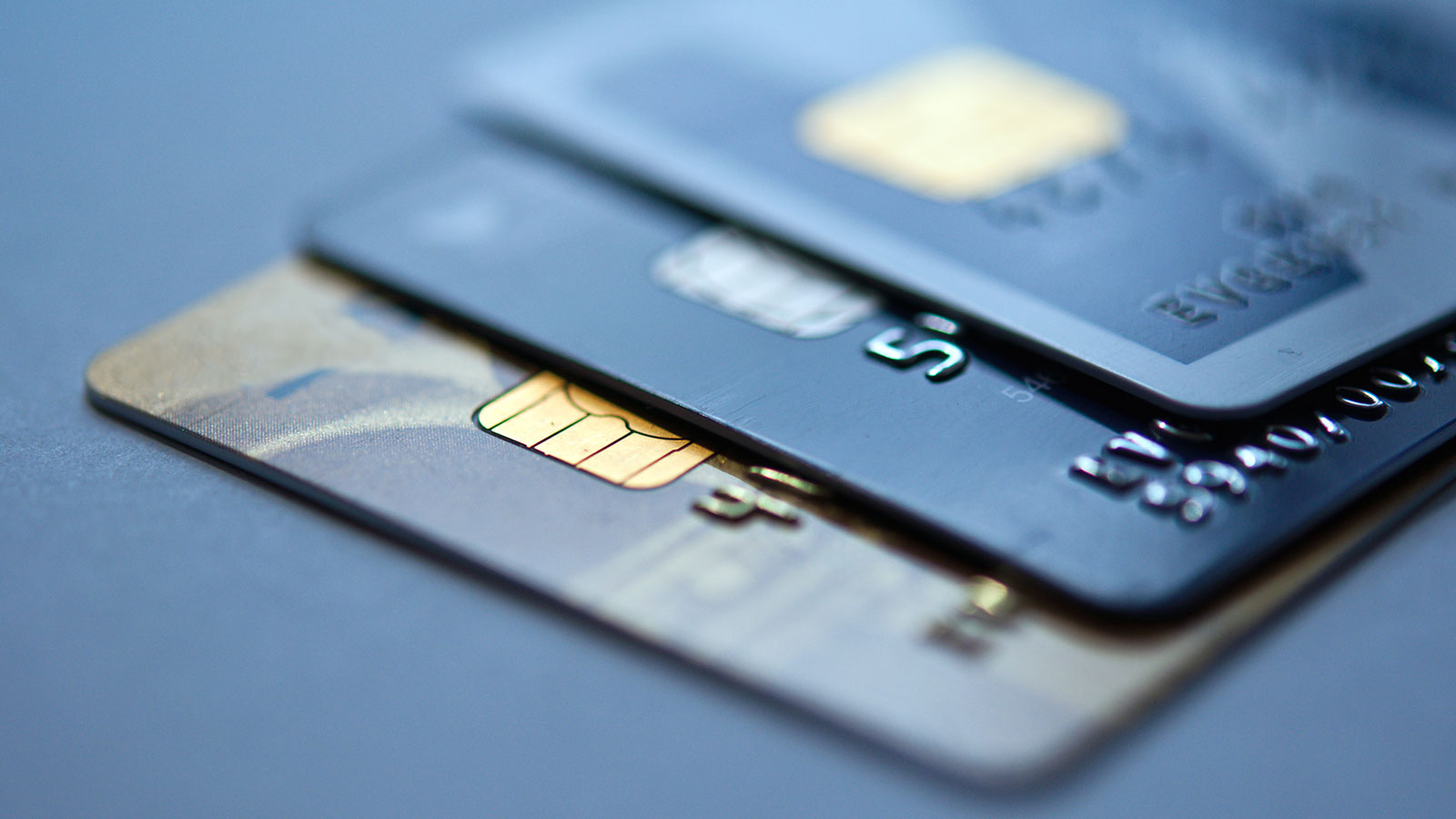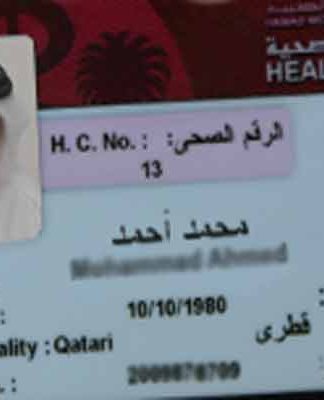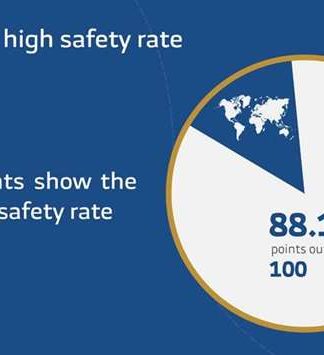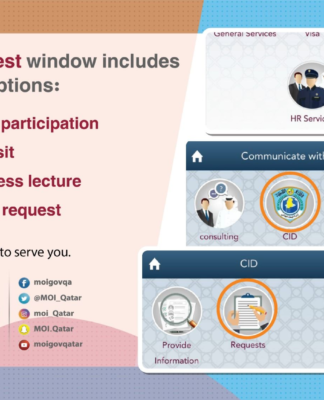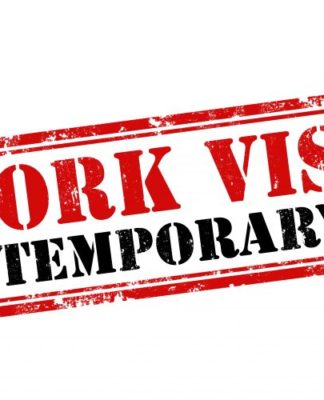5 Things to Do After Bankruptcy, So you filed for bankruptcy and received your discharge. Whether you have a Chapter 7 (a “simple” bankruptcy) or Chapter 13 (debt repayment plan) bankruptcy, it’s a good idea to make sure you do the following things once your case is finalized.
1. Collect & Preserve All Paperwork From Your Case
You should have received a full copy of your bankruptcy petition from your attorney (you did use a lawyer for this, right?). The bankruptcy petition is 40-50 pages of detailed financial information – including the facts about the debts and assets involved in your case. You should have also received a notice of bankruptcy filing directly from the court, which shows the deadlines that affected your case. And finally, at the very least, the court should have sent you a copy of your discharge order entered by the bankruptcy judge. You may have other documents, such as your credit counseling and education certificates, and perhaps copies of the motions and orders filed in your case. The first three however – the petition, notice of filing and discharge – are the most important. And if you lost what you have, you can get them online at a minimal cost.
Why do this? Some lenders like to see a copy of the bankruptcy papers when considering you for new credit. This is especially true for mortgage loans. Even though that same information should appear on your credit report and is readily available from the bankruptcy court directly as public record, some lenders think that it is important to see what you have discharged in old debt. It’s also important to have on hand in case anyone attempts to collect on that old debt in the future.
2. Check Your Credit Reports Regularly
Credit reports from each of the three major credit reporting agencies can be obtained for free once a year — and it’s important to see what your creditors are saying about you. It’s a good idea to let the dust settle from your bankruptcy discharge first, so I recommend waiting about three to six months after the end of your case before starting the cycle of reviewing credit reports. It may take several billing periods for creditors to rectify their accounts for the credit reporting agencies, and many creditors and lenders will stop reporting to the credit bureaus altogether after a bankruptcy.
Why do this? You want to make sure that all of the discharged debt from a bankruptcy is being reported to the credit bureaus with a zero balance so it doesn’t count against you as outstanding debt, especially if you ever apply for new credit. While it’s not certain exactly how many points your credit score could drop because of an outstanding balance, it nonetheless could have an impact. And if you do not have to pay the debts because they are discharged, why have them counted against you on the credit report? You also want to make sure that the account is not transferred to a new collection agent with idea of falsely pursuing you for discharged debt. By checking your credit report regularly, you can make sure that nothing new that is really old comes on the report months — or years — after the bankruptcy. A bankruptcy can stay on your credit report for 10 years by law, so it is important to monitor how it affects your credit rating going forward.
3. Start a Budget & Review Regularly
In addition to listing your assets and liabilities, a main focus of the bankruptcy process is your budget. So create a basic budget to understand your expenses and take some time every week to review where you stand. You might remember the Means Test from the bankruptcy paperwork that compared your income and expenses over a six-month period to standards set by the Census Bureau and the IRS. The concept was to ‘catch’ those who really had the means to pay their debts, but who were living an extravagant lifestyle financed on credit cards and other debt. It is largely an urban myth that people who file for bankruptcy are irresponsible. Statistics monitored since 2005 show that a very small percentage fit into this category. Most bankruptcies are caused by job loss, unforeseen medical expenses, or to a lesser extent change in family circumstances like divorce or birth of a child. Of course, the mortgage meltdown of the past few years has also greatly contributed to bankruptcy filings.
Why do this? For one, you don’t ever want to get into a financial hole again. Filing a bankruptcy is much like getting college credit in a personal finance course. In the financial education class you were required to take in order to file bankruptcy, you should have learned things like creating a personal balance sheet and what it means to budget for monthly and other non-recurring expenses. But mostly, you should have learned from the overall experience that credit is a huge responsibility and one that has adverse consequences if not handled correctly. Credit is part of modern life and good credit only makes that life better (or easier). Once you have created a good budget, you can start planning out goals for the future. Create a five-year plan. Are you looking at retirement in a few years? Or do you have a child that will need money for college tuition? It is best to be prepared.
4. Start an Emergency Fund
This is really a part of good budgeting. You can start saving for an emergency fund in less than a month. Once you have your budget under control, you should have some small part of your income left over to put aside for that flat tire or car repair or other unforeseeable emergency. As that fund grows, you can start putting part of it aside for that retirement fund or college tuition savings account.
Why do this? Saving money into an account for future needs will help you avoid new debt for these emergencies. Then the debt that you do have is part of your plan and easily paid when it comes due. The savings will help you avoid incurring unplanned debt that has a habit of snowballing out of control.
5. Think About New Credit
Think about it, but don’t let yourself get carried away. Credit may be an important part of modern life, but debt can be dangerous. There is a world of difference between good credit and a heavy debt load. Don’t go crazy trying to get new credit right away. It will come. As someone who now has little or no debt, you have the opportunity to rebuild your credit, and controlling your budget and saving some money can help keep you out of debt and on the track to better credit. Start with a small credit limit, monitor your charges carefully and budget to pay more than the minimum each month, or ideally, charge no more than you can pay in full each month. (As you work to rebuild your credit, there are free tools that can also help you track your credit scores so you can see your progress. Credit.com is one resource that offers free credit scores.)
Bankruptcy is a chance for a “do-over.” It is a fresh start on your financial life. Take these steps, and you can be prepared for much of whatever life throws at you.














